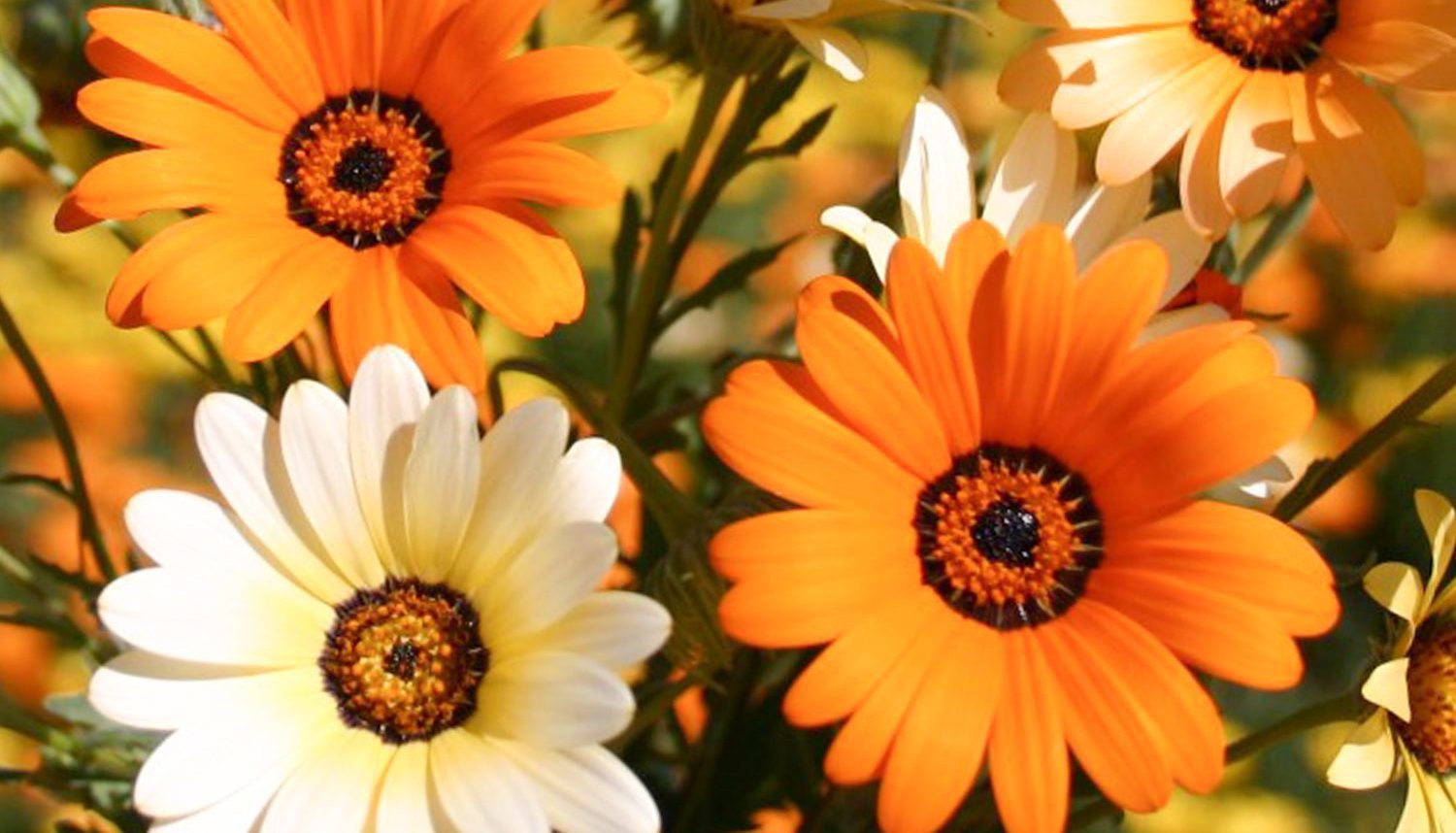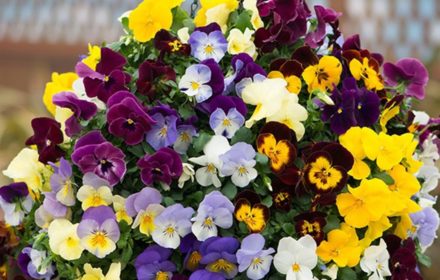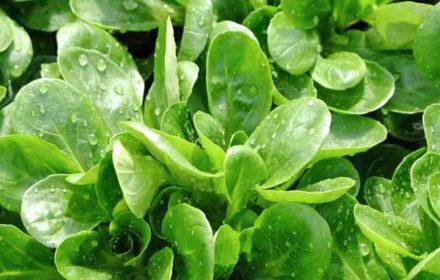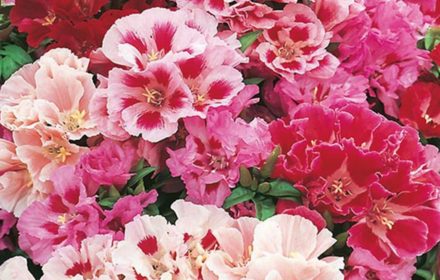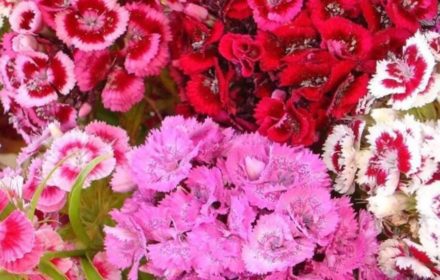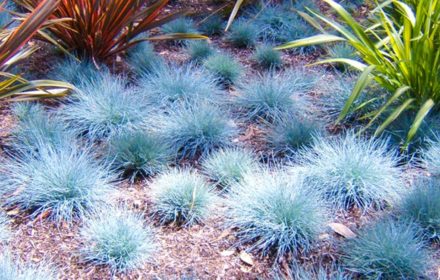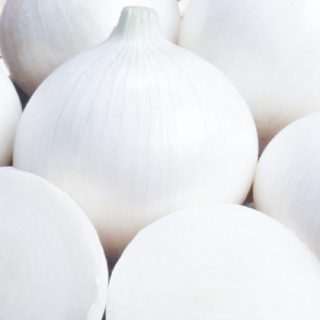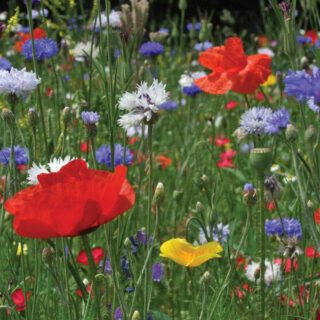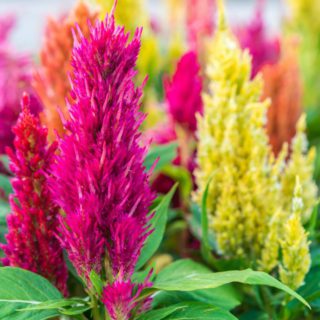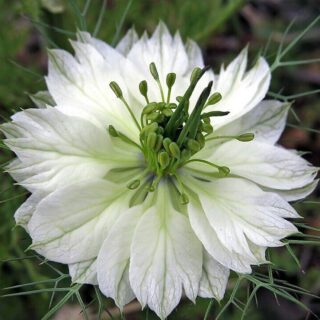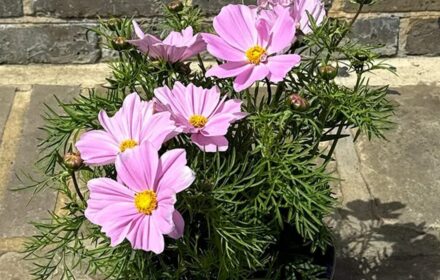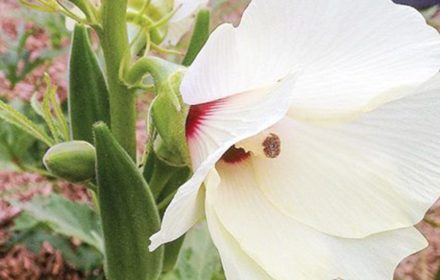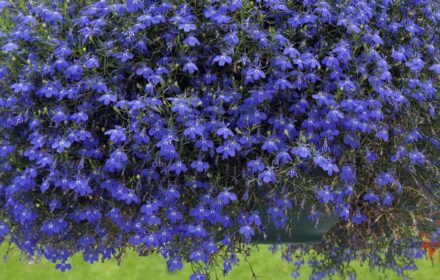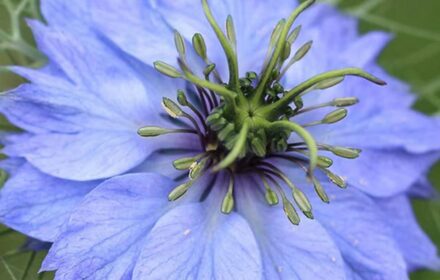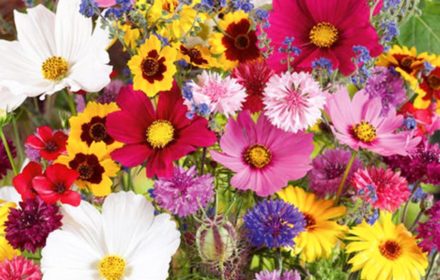How to Sow Mixed Pastel African Daisy Seeds
African daisies, also known as star of velt or cape marigold, are renowned for their vibrant pastel and orange-coloured petals, accented with a dark ring around the centre. These flowers make an eye-catching addition to any garden, whether used in borders, pots, or containers. They bloom throughout the summer, producing fragrant 4-inch flowers. The blooms close during colder weather and at night but reopen in the warmth and sunlight, creating a stunning display.
When and Where to Sow Mixed Pastel African Daisy Seeds
- Indoor Sowing: African daisies can be sown indoors at any time, particularly in areas with consistent light, such as a sunny windowsill. This allows the plants to grow in a controlled environment before transplanting outdoors in the warmer months.
- Outdoor Sowing: You can sow seeds outdoors once the last frost has passed and the soil has warmed up. Choose a sunny, sheltered location for the best results.
Ideal Growing Conditions for Mixed Pastel African Daisies
- Soil Requirements: These daisies thrive in well-drained soil. A high-quality seed compost works well for indoor sowing. Outdoors, prepare the soil by mixing in compost to improve drainage and fertility.
- Sunlight: African daisies prefer full sunlight, which encourages more blooms and healthier growth. Ensure they are planted in a sunny location where they will receive plenty of direct light.
- Temperature: The ideal germination temperature is between 20-24°C (68-75°F). Keep the area warm and well-lit for the best germination results.
How to Sow Mixed Pastel African Daisy Seeds Indoors
- Sowing Depth and Spacing: Sow the seeds at a depth of 3mm (1/8 inch) in seed trays or pots filled with a high-quality seed compost. Space the seeds 25-30 cm (10-12 inches) apart to allow enough room for the plants to grow.
- Germination Period: Keep the seed trays or pots in a warm area, maintaining the temperature between 20-24°C. Germination typically occurs within 15-20 days.
- Watering: Water moderately to keep the soil moist but not waterlogged. Consistent moisture helps with the germination process, but be careful not to overwater.
- Transplanting: Once the seedlings are large enough to handle, usually after 3-4 weeks, transplant them to their final location. Ensure the site has full sun and well-drained soil.
How to Sow Mixed Pastel African Daisy Seeds Outdoors
- Preparing the Soil: Ensure the soil is well-drained and loosened. Mix in compost to enhance drainage and fertility.
- Sowing Depth: Sow the seeds directly into the soil at a depth of 3mm (1/8 inch) once the risk of frost has passed. Space the seeds about 25-30 cm (10-12 inches) apart.
- Sunlight and Watering: Choose a sunny, sheltered spot for planting. Keep the soil moist but avoid waterlogging, as African daisies prefer drier conditions once established.
Caring for Mixed Pastel African Daisies
- Watering: Keep the soil consistently moist during the germination and early growth stages. Once the plants are established, they are fairly drought-tolerant, but regular watering will encourage more blooms.
- Fertilising: You can apply a light, balanced fertiliser every few weeks during the growing season to promote healthy growth and vibrant blooms.
- Pruning: Deadhead spent flowers regularly to encourage continuous blooming throughout the summer.
Common Questions About Growing Mixed Pastel African Daisies
Can African daisies tolerate partial shade? While African daisies prefer full sun for the best blooms, they can tolerate partial shade. However, they may produce fewer flowers if not given enough sunlight.
How often should I water African daisies? Keep the soil moist during germination and early growth. Once established, they are relatively drought-tolerant, but regular watering during dry periods will help maintain healthy blooms.
Why do the flowers close at night? African daisies close their blooms at night and during colder weather as part of their natural response to sunlight. They will open up again during the day when the sun is shining.
Are African daisies pet-friendly? Yes, African daisies are safe for pets, making them a great choice for households with cats or dogs.

